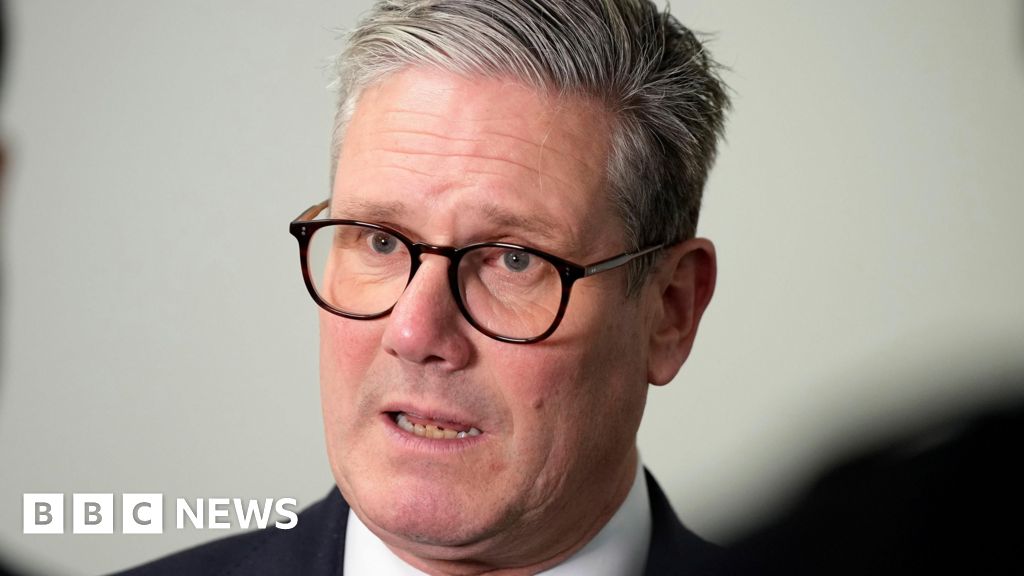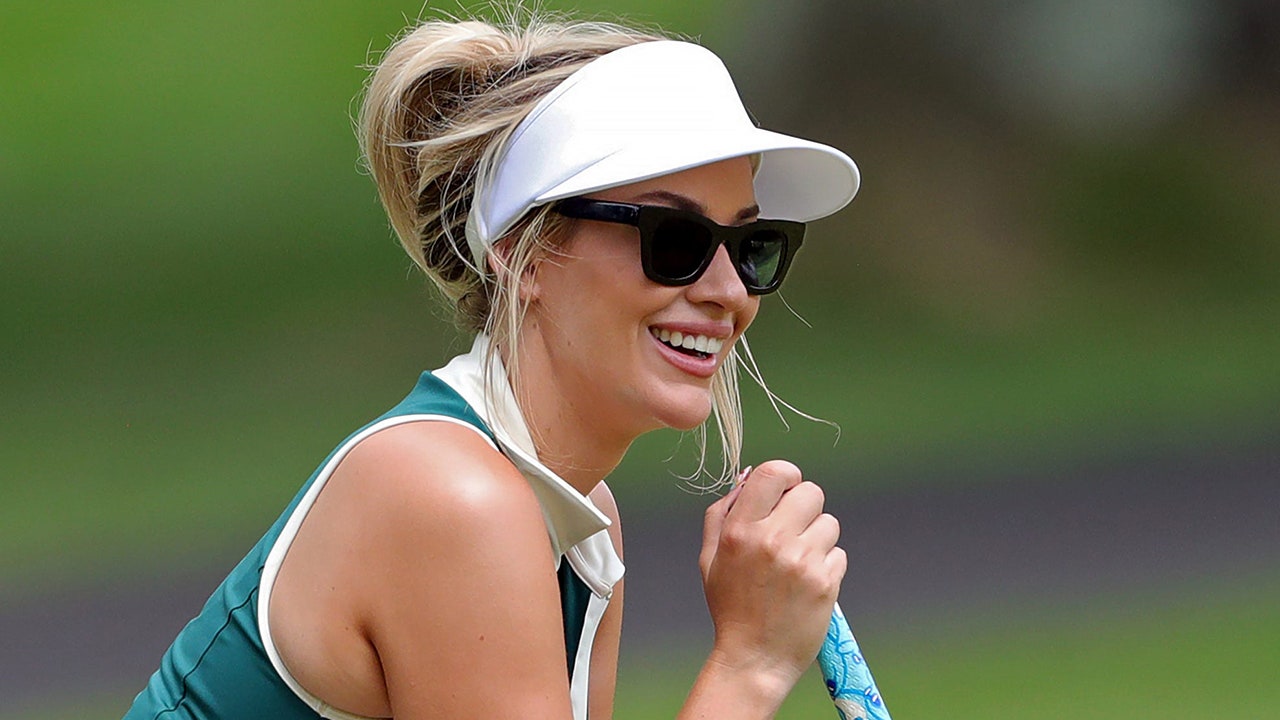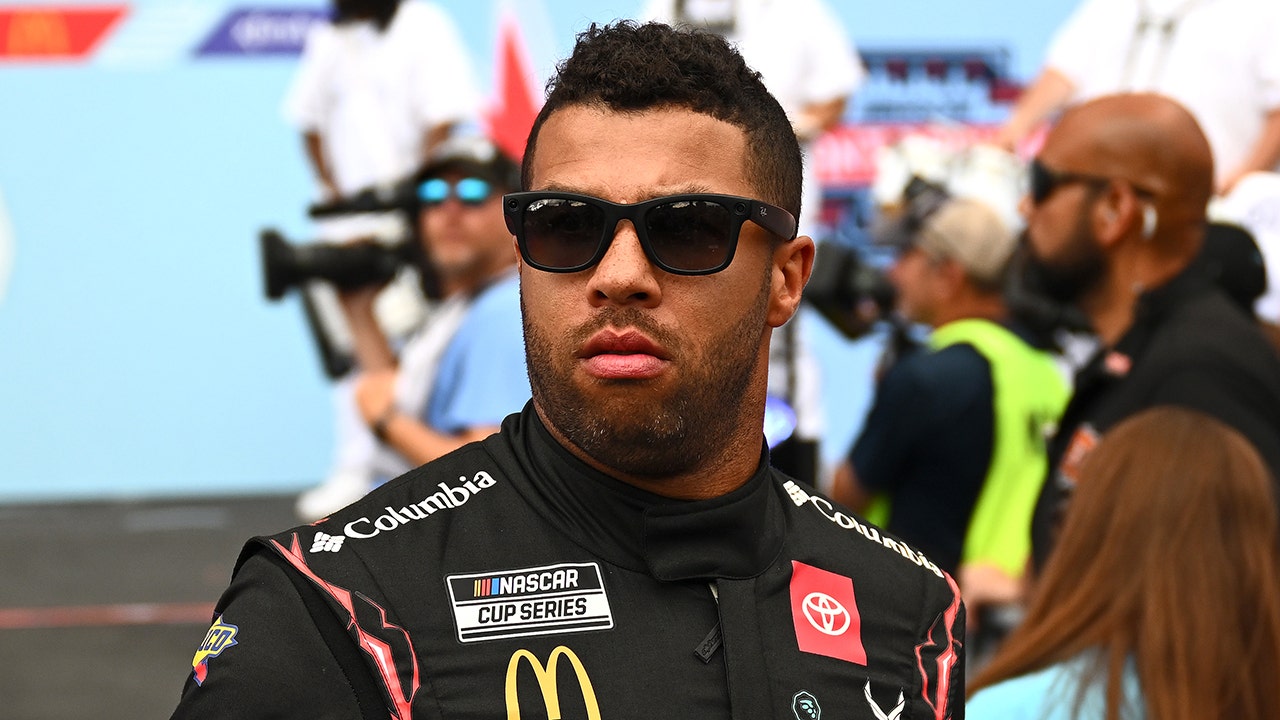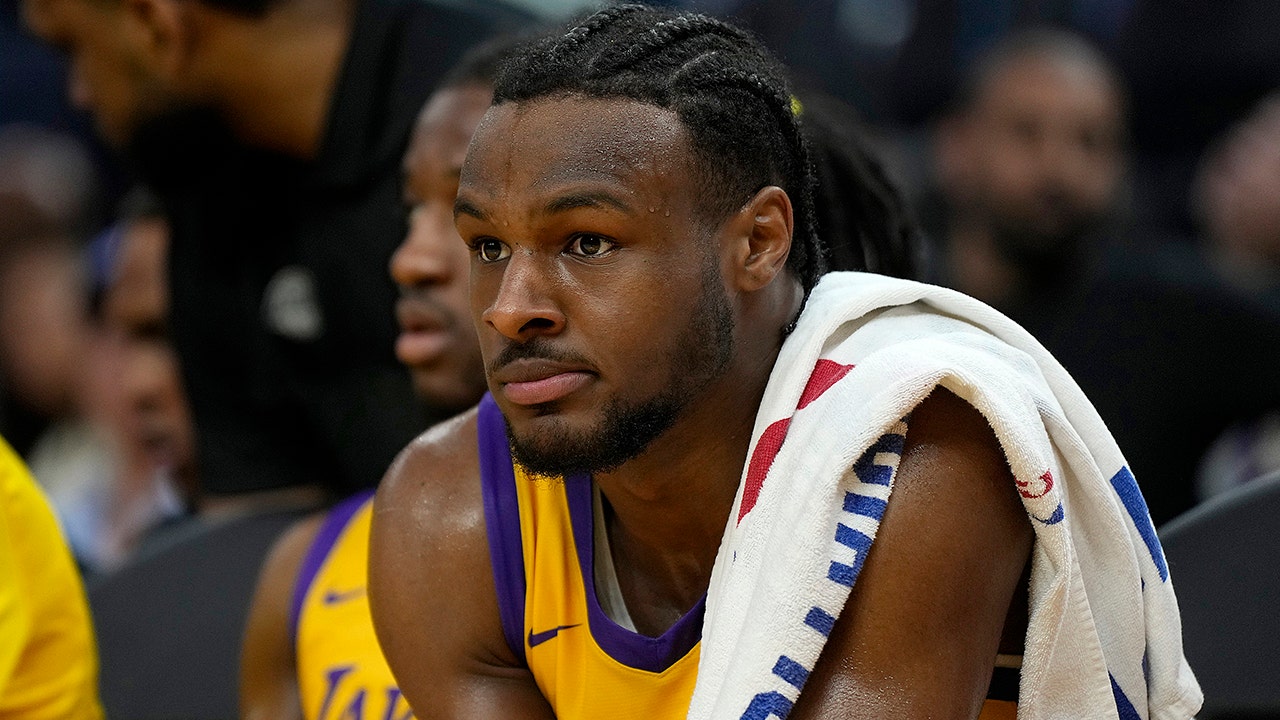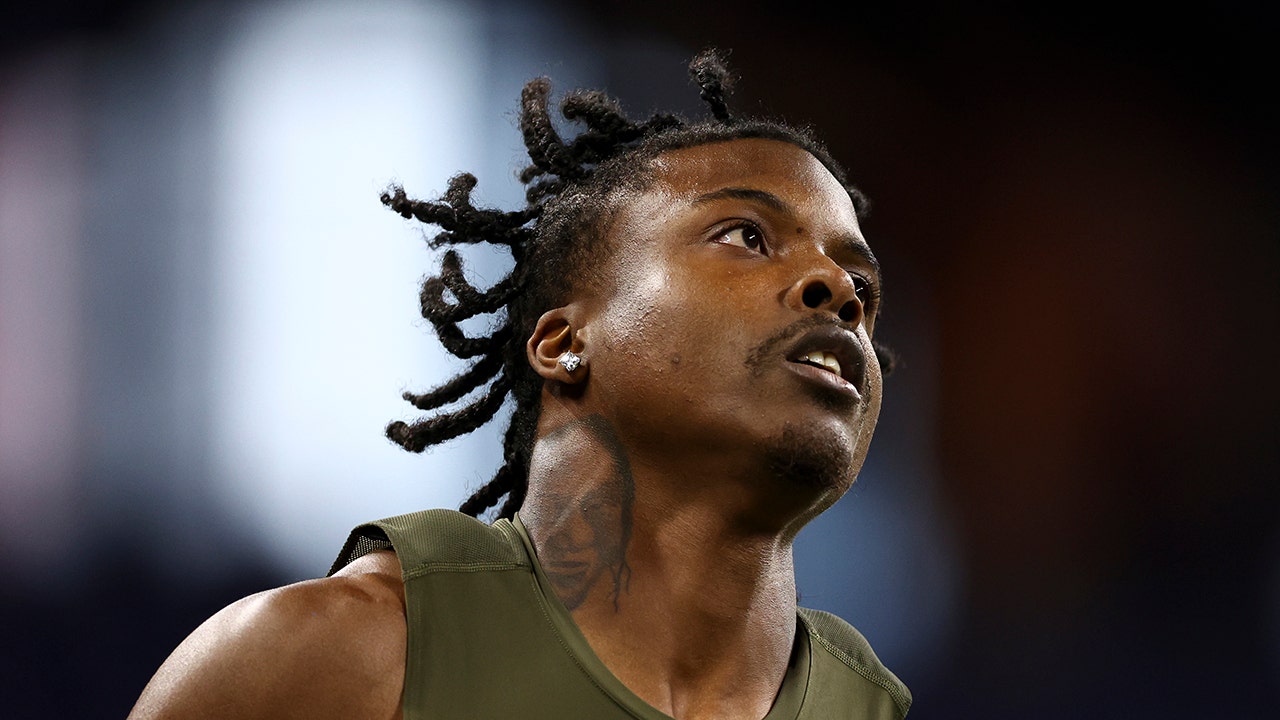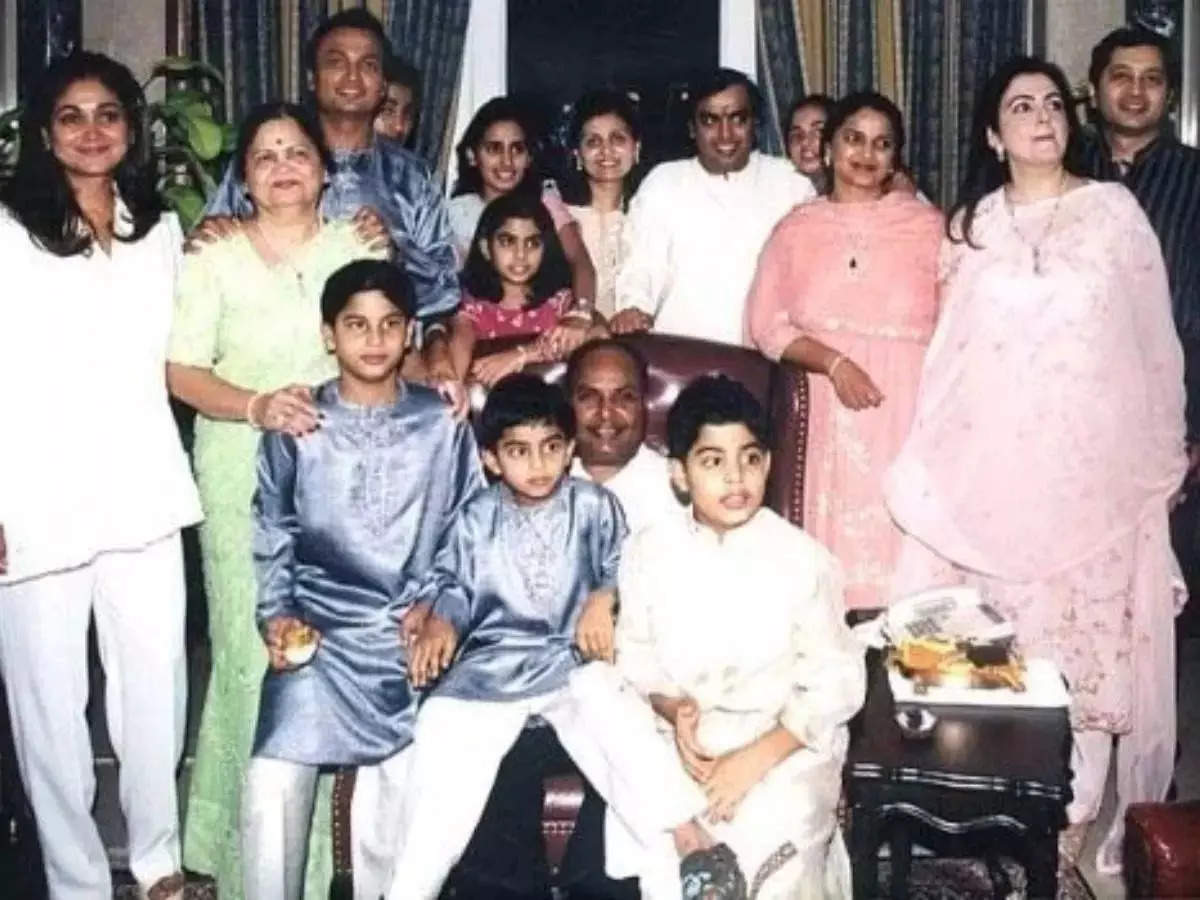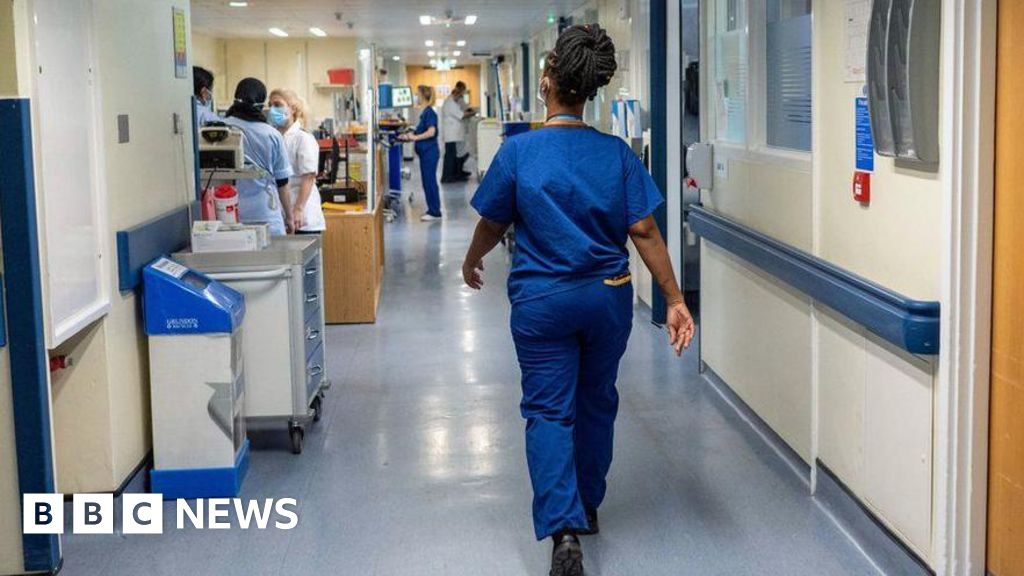Some aspects of this new “Frasier,” created by Joe Cristalli (of “Life in Pieces”) and Chris Harris (of “How I Met Your Mother”) are perfect replicas of the original: the font, the act titles. Others are creative departures: Dr. Crane has become a Dr. Phil-style talk show host in the years since the original series ended. He quits his show and his relationship with Charlotte (Laura Linney) to return to Boston, where he hopes to drink more beer and reconnect with his son, Freddy (Jack Cutmore-Scott). Played in former years by Trevor Einhorn and Luke Tarsitano as the kind of amusingly priggish little kid you’d expect two psychiatrists to raise, Freddy is now a lantern-jawed firefighter in his 30s. This startling transformation goes wholly unaddressed.
The tension between Frasier and Freddy — a guy’s guy like Frasier’s dad, Martin (John Mahoney) — self-consciously riffs on the father-son conflict that animated much of the original series. It’s a fun and potentially fruitful reversal; Freddy’s life choices are clearly, unlike Martin’s, motivated at least in part by a compulsion to rebel against his dad. Indeed, the new “Frasier” has a number of things going for it, notably Nicholas Lyndhurst as Alan Cornwall, a lackadaisical Harvard professor who knew Frasier at Oxford, and Cutmore-Scott, who somehow manages — as Freddy — to channel both Martin and Frasier’s ex-wife Lilith (Bebe Neuwirth). This is a series haunted (maybe to its detriment) by Martin Crane.
There are other fun hybridities: If Frasier’s main hangouts on the old show were a bar and a coffee shop, the space where the characters most frequently congregate on the new one is a decent amalgam of the two: a notionally dark and cozy pub with wooden accents featuring round coffee tables that recall Café Nervosa. Anders Keith does what he can as Frasier’s nephew David in an underwritten role that could have given him one or two traits reminiscent of Jane Leeves’s Daphne if only to offset how hard the actor must work to channel David Hyde Pierce’s Niles.
But the pilot (or 265th episode) is otherwise a rocky piece of business. Kelsey Grammer’s transition into the role of his life may be seamless, but the stitches are otherwise not just visible but downright distracting.
The premise for Frasier’s return is that he’s been invited to guest lecture at Harvard by his old Oxford pal, Alan. He so mesmerizes and inspires the Ivy League youth that Olivia (Toks Olagundoye), the ambitious young head of Harvard’s psychiatry department, offers him a job on the spot. Veterans of the academic job market, where positions are posted about a year in advance and filled via an agonizing, lengthy process, may gawp in disbelief at a scene in which Frasier explains he can’t join Harvard’s staff as a professor because he has a flight to Paris the next morning.
The jokes about academic life aren’t so much weak as strangely outdated, as if lifted from a 1980s campus novel. Certain plot elements, particularly one that results in the whole cast invading Freddy’s apartment, which he shares with a woman named Eve (Jess Salgueiro), are painfully contrived. And the central conflict in the pilot — which depends on Freddy needlessly keeping a secret from Frasier — is as stilted as the blocking, which at one point has two characters apparently failing to notice or see a person hiding behind a couch who would be clearly visible to them.
Physical comedy is tough. David Hyde Pierce’s work in that domain is the stuff of legend; fans of the original “Frasier” still debate which performance of his they like best. But it’s disconcerting that the new series sometimes seems to struggle with basic stagecraft — and plotting.
For example, in the episode after Frasier so captivated Harvard students with his guest lecture that one declared himself a convert to the field, his problem becomes (with no acknowledgment of the contradiction) the opposite: His students are celebrity-mongers who reject his scholarly lectures and want him to act like the buffoon he played on his talk show.
The latter scenario is richer. Frasier was always a pleasurable mass of contradictions, torn between his hunger for the cheesy kind of fame within his reach and his desire for acceptance by an elite circle that would never find that form of success respectable. There could be some delicious irony in Frasier finally being accepted by Harvard, the institution he most respects, only to find that he was brought in as a dancing bear. But the show would need to decide whether Harvard students are star-struck by a TV personality or inspired by a great scholarly mind.
More unsettling, however, are moments when the show jeopardizes qualities that have long defined the protagonist to make a rickety plot work. Chief among these is the idea that Frasier of all people would resist, even for a moment, an invitation to teach at Harvard. It’s hard, too, to know how to take lines like this one, which get delivered straight by the guy who — while certainly not the worst father in the world — inarguably chose to live 3,000 miles away from his child during his formative years: “If there’s anything I ever wanted to be in life, more than anything else, it’s to be a good father.”
This was never remotely close to being Frasier Crane’s core wish! The radio psychiatrist was last seen — in the 2004 finale of the original “Frasier,” created by David Angell, Peter Casey, and David Lee — making a risky but touching choice to finally pursue love. Romantic love, not the fatherly kind. Instead of traveling to San Francisco, where he had an exciting new career opportunity, he decided to pursue Charlotte by following her to Chicago. It was a big, cathartic breakthrough for a character who’d remained relatably stuck while the characters around him grew and changed.
That was Frasier’s arc. It was a good one, but it never focused overmuch on fatherhood. Frasier was far more invested in being a good son and brother than he was in being a good dad. With fatherhood as the subject of the new series, Frasier’s distance from Freddy feels like the elephant in the room. I waited in vain for the revival’s Frasier to explicitly address that, or for Freddy to express some resentment, however mild, at his father’s decision to prioritize his career and romantic life over proximity to his son.
It never does (at least not in the first five episodes made available to critics). Freddy’s bitterness toward his father is strangely narrow in focus, limited to his sense that Frasier finds his work as a firefighter beneath him.
Complexity may yet come, and the new “Frasier” could, theoretically, work. The silky-voiced psychiatrist has traveled a long and surprising road since he first appeared on American television as Diane Chambers’s ethically compromised psychiatrist and boyfriend on “Cheers,” and he may have more miles in him.
But the original spinoff’s radical success wasn’t due to Frasier changing cities. Sure, the tone and style were different, and yes, the new circumstances allowed audiences to see Frasier in a different way; his particular brand of loneliness was transformed, his misfitry contextualized. But what really made “Frasier” work was a stunningly talented cast and writing that believably transformed the stakes. Frasier was still an outsider. He still wanted to belong: In high society. In the pantheon of great psychiatrists. But also, and above all else, in his own family. Sibling rivalry, an element totally absent from “Cheers,” became one of the new sitcom’s chief pleasures. Toggling between crippling self-awareness and total blindness to their own complexes, Frasier and Niles were competitors and soul mates. As strivers and outsiders of a very particular stripe, they longed for approval from their dad, the Everyman, on the one hand, and acceptance from the snobs they spent many a disastrous dinner party courting on the other. That was a new recipe.
The “Frasier” reboot may yet find its footing, but at present it’s echoing old dynamics more than it’s generating a new set of relations. The show leans hard on the parallels between Martin’s disapproval of Frasier and Frasier’s disapproval of Freddy. That’s a markedly derivative framework: good for driving an episode or three, but it doesn’t feel capable of powering a series. It’s telling, perhaps, that the original series benefited from Frasier taking stock of his position (by projecting wildly, as he always has, onto his patients). “You’re mourning the loss of what you thought your life was going to be,” he says to a caller in the 1993 pilot. “Let it go. Things don’t always work out how you plan, and that’s not necessarily bad. Things have a way of working out anyway.”
This was a useful, crystallizing moment, packed full of Frasier’s hope and uncertainty; a kind of thesis statement encapsulating all that the original “Frasier” planned to explore. It’s telling that the new pilot — in a moment that’s more reassuring than introspective — settles for merely repeating the last line.
Frasier The first two episodes will stream Oct. 12 on Paramount Plus, with subsequent episodes airing weekly.









